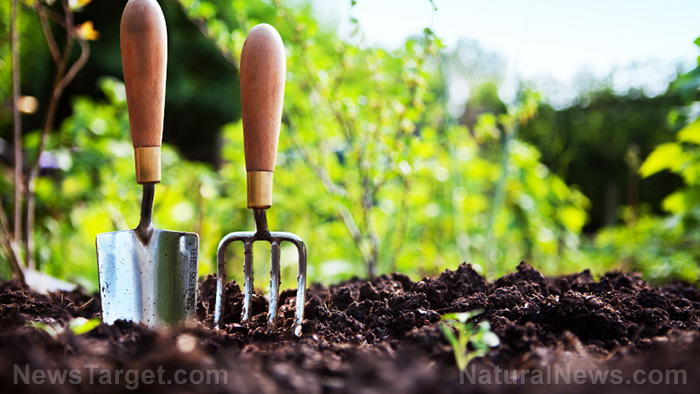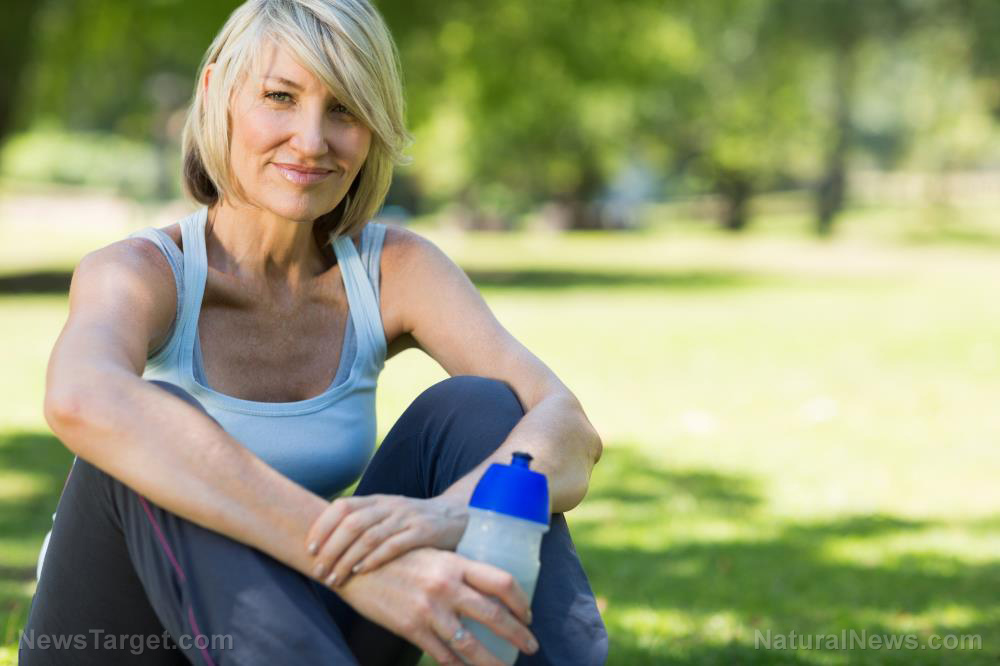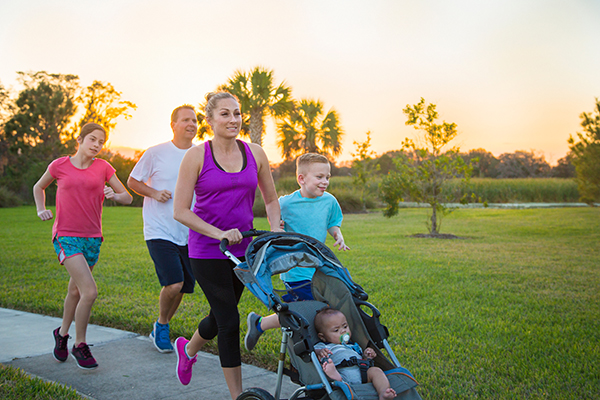
The research published in the peer-reviewed public health-focused journal Health and Place of the University of Edinburgh indicates that getting more sunlight could potentially extend life expectancy by lowering the risks of heart disease and cancer.
The study analyzed data from 395,000 people across the U.K. and found that those in sunnier regions had a 19 percent lower risk of dying from heart conditions and a 12 percent lower risk of cancer-related deaths compared to those in less sunny areas.
Using sunbeds (also known as tanning beds) was associated with a 23 percent lower risk of dying from cardiovascular disease and a 14 percent lower risk of cancer death compared to those who didn’t use them. However, the researchers pointed out that this might be due to a general tendency among sunbed users to spend more time in the sun overall.
Despite the potential benefits, researchers emphasize the need to protect the skin from sunburn and skin cancer –especially in areas with strong UV rays. The study focused on individuals of White European descent, highlighting the importance of balancing UV exposure with skin protection in public health guidance, particularly in low-sunlight regions.
While the study did find a slight increase in melanoma cases with higher UV exposure, it didn’t lead to a rise in deaths from the condition. The findings are most relevant to those living in areas with less sunlight and the researchers call for further studies in regions with higher UV levels to better understand these effects.
Public health advice typically focuses on the dangers of UV exposure – especially regarding skin cancer. However, this study adds to the growing evidence that in areas with low sunlight, the benefits of UV exposure might outweigh the risks.
Guidelines should consider both the risks and benefits of UV exposure, especially in regions with less sunlight. This approach could help lower the rates of disease and increase life expectancy. The Australian Skin and Skin Cancer Research Center has also recommended a balanced approach to sun exposure.
Caution advised due to health risks associated with using sunbeds
Using sunbeds helps expose the skin to UV radiation to stimulate melanin production and darken the skin. However, this type of UV exposure is linked to an increased risk of skin cancer, including melanoma and other health problems. Despite these risks, many people still use sunbeds globally.
In 2009, the International Agency for Research on Cancer classified UV radiation from sunbeds as a carcinogen–placing it in the same dangerous category as asbestos and tobacco. This prompted the Society of Behavioral Medicine in 2014 to advocate for a ban on indoor tanning for minors (those under the age of 18)–a view also supported by the American Academy of Dermatology and Pediatrics.
There is a false belief that UV rays from sunbeds are safer than those from natural sunlight. In reality, UV radiation from tanning beds can harm DNA in skin cells – increasing the risk of melanoma, as well as basal and squamous cell cancers. (Related: Feds push for mandatory cancer warnings on tanning beds (but not radiotherapy devices.)
Besides cancer risks, sunbeds are associated with eye cancer, skin aging, skin burns and weakened immune function. The different UV wavelengths emitted by these devices add to their potential danger–highlighting the need for strict regulations.
Sunbeds emit both UVA and UVB radiation. UVB rays directly damage DNA by creating specific genetic mutations, which can disrupt cellular functions. UVA rays cause indirect damage through reactive oxygen species, leading to further mutations.
Although natural sunlight primarily consists of UVA rays, sunbeds emit UV radiation 10 to 15 times more intense than sunlight, making them much more harmful.
Are tanning beds bad for you? Watch this video.
This video is from the Daily Videos channel on Brighteon.com.
More related stories:
30 Seconds of morning SUNLIGHT can help prevent cancer.
Breast cancer breakthrough : Vitamin D in combination with sun exposure is key to prevention.
Sources include:
Please contact us for more information.






















